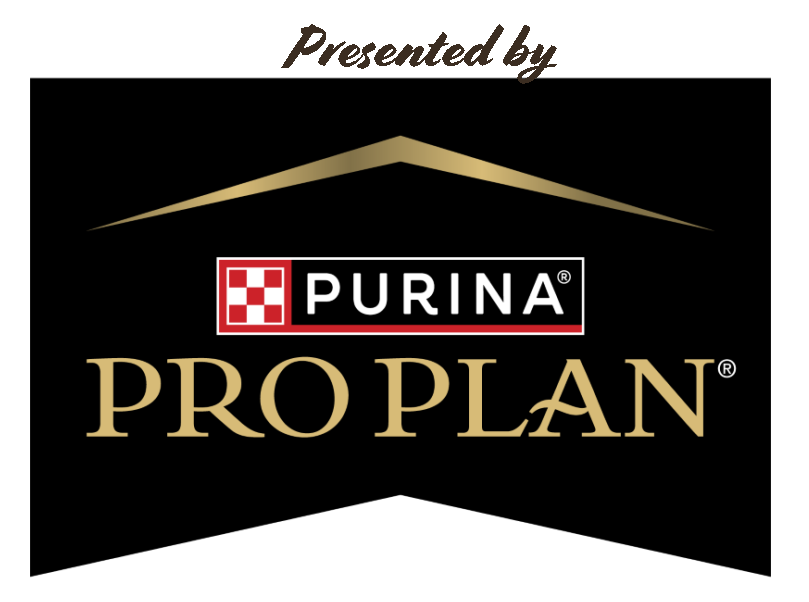Border Collies - A Working Dog
Old Hemp
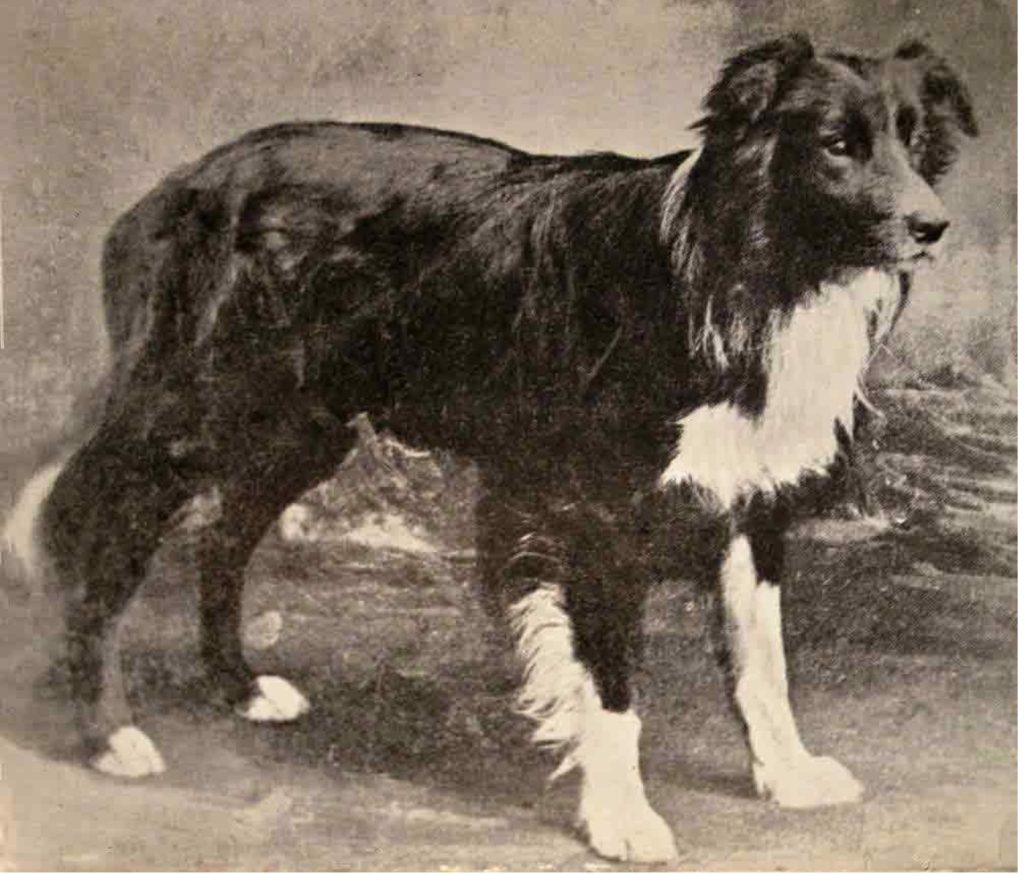
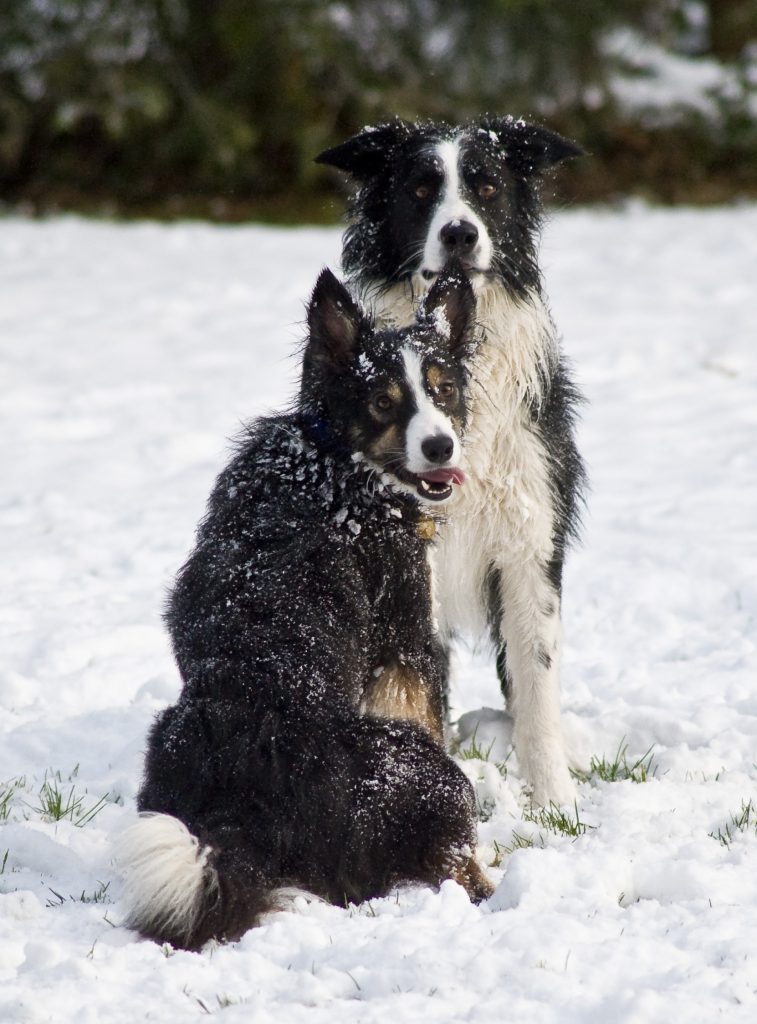
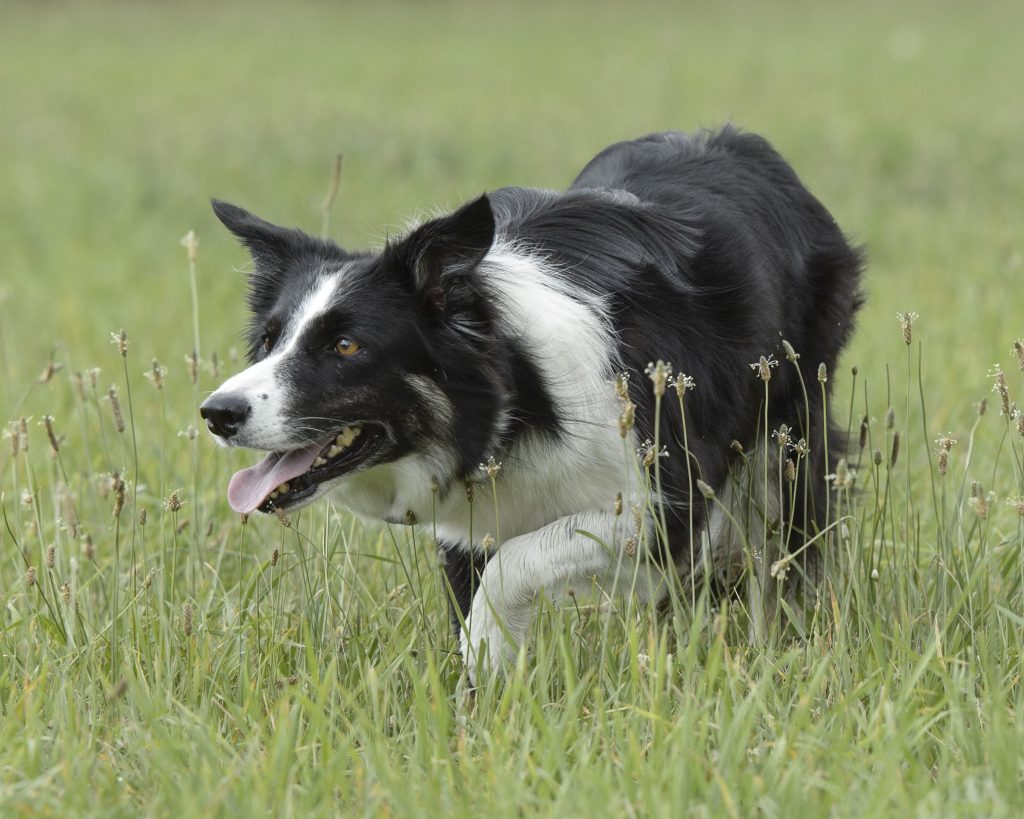
The History of the Breed
The dogs you see competing here at Soldier Hollow are Border Collies. Although dogs similar to today’s border collies were most likely working alongside farmers as far back as the first century B.C., all the border collies alive today can trace their roots back to one common ancestor, a dog named Old Hemp.
Old Hemp was owned by Adam Telfer and was used as a working dog to herd sheep. Impressed by Old Hemp’s intelligence, natural instincts, and herding ability, he soon became the top working dog on Telfer’s farm. What made Old Hemp unique among other sheepdogs was he did not rely on barking to do his job. He worked quietly and used his body position to move the sheep. He also seemed to know how and where the sheep would be moving and was able to head them off quickly and easily. This style was adopted and used by other breeders and trainers and became the most common style among Border Collies within a few generations, with his descendants becoming successful international sheepdog champions.
Old Hemp’s contribution to the Border Collie breed cannot be overstated, and Telfer, the dog’s owner, and breeder, is credited with producing a strong line of herding dogs that set the standards for the breed, as later designated by the International Sheep Dog Society. While it is not known if Hemp participated in any sheepdog trials, a dog from Telfer’s own breeding stock, Sweep (a grandson of Hemp), won the International Sheepdog championship twice. Adam Telfer later bred and owned another dog named Hemp, a descendant of Old Hemp. The younger Hemp won the 1924 International Farmers Championship for sheepdogs. This was not the only victory in that competition by Old Hemp’s descendants. Each of the twenty-nine collies that won the championship between 1906 and 1951 were descendants of Old Hemp.
In Canada and the United States in the years following the end of the Civil War, prominent sheep farmers started to import sheep from Scotland and other areas. Coming over on the cargo ships with the sheep were the sheepdogs, including dogs that would later be called Border Collies. Prior to the widespread use of barbed wire fencing, which was invented in 1874, the prairie was a wide-open region. It was necessary to move large herds of sheep and cattle across great distances, either to take them to fresh pasture areas, to move them to winter grazing grounds, or to take them to market. The task of containing and moving the livestock was to the responsibility of ranch hands on horseback, with the invaluable assistance of herding dogs, particularly Border Collies. According to written accounts of the day, a herd of a thousand sheep could be managed by one rancher and one good dog. As the dogs’ handlers demonstrated the animals’ abilities to the amazed American ranchers, many of them sent word back to Scotland and England asking for more herding dogs to be sent across the Atlantic to the Americas.
The Border Collie is renowned for its intelligence, agility, hard work and innate skills with animals for herding. Its skills have been shaped by many generations of breeding. These remarkable dogs are still needed today on farms and ranches all over the country. These great working dogs have never been bred for appearance but are defined by their working ability.
Border Collies as Pets
Many people who see the clever, well-behaved dogs at a sheepdog trial think that they would like to have a Border Collie for a pet. Often, this is a bad idea. Border Collies are active, high-energy dogs who always want to be doing something with a person. If working with a dog is your favorite thing to do, and you have lots of time available for it, you might be very happy with a pet Border Collie. If your lifestyle does not support giving the Border Collie the exercise that it needs, another type of dog might be a better choice for you.
If you’ve decided that a Border Collie would be the right pet for you, you will be best off getting one from a good breeder or from a rescue organization. Here are some tips to help:
- Don’t get a Border Collie if you are not willing to socialize the puppy and then socialize it some more. Some researchers suggest that herding breeds are generally more fearful than other breeds. Their strong prey-chase (hunting) drive can result it nipping and biting, and early socialization can help with this.
- Don’t get a Border Collie because you think a “smart” dog makes a great pet. Smart dogs are always looking for fun things to do. The need mental stimulation and their “fun” will often look like “being bad” to a human. As is often said, if a Border Collie doesn’t have a job, it will find one, and that job, and its fun, may include herding or chasing children, delivery personnel, cars, bikes, birds and so on. They may find ways to escape the “yard of boredom” or get into trash and possibly reorganize it for you.
- Don’t get a Border Collie if you want to have a quiet evening at home after working all day. When you get home, your dog will be ready to run, play and be very active, and won’t care that you are tired. They will find their own way to kill time, which can include digging, barking, or chewing household furnishings.
- Don’t buy from a pet shop. Good breeders never sell pups to a pet shop; they want to know where the pups they produce are going.
- Don’t buy from someone you know of only through an Internet web site. There are many dishonest breeders who mass produce unhealthy or temperamentally-unsound pups in squalid, crowded conditions from mistreated parents. That money-back guarantee is hard to collect on when the breeder is 1,000 miles away, and you’ve fallen in love with the pup.
- Be cautious of breeders who produce lots of litters and always have pups available. Good breeders do not tend to produce a lot of litters, because their dogs are more than breeding machines, and because it takes a lot of time and attention to raise pups properly during their first few weeks of life. Bad breeders, on the other hand, like to keep a full inventory.
- An emphasis on color, particularly flashy or unusual colors, is a red flag in a breeder. Border Collies come in many colors and coat types, but breeding for color does not produce good Border Collies.
- A good breeder will be familiar with the genetic diseases found in Border Collies and will be happy to discuss them with you.
In closing, come at watch these amazing dogs at the Soldier Hollow Classic Sheepdog Championship. Watch them work and admire them for their athleticism, courage and intelligence but remember, they may not be your perfect pet.
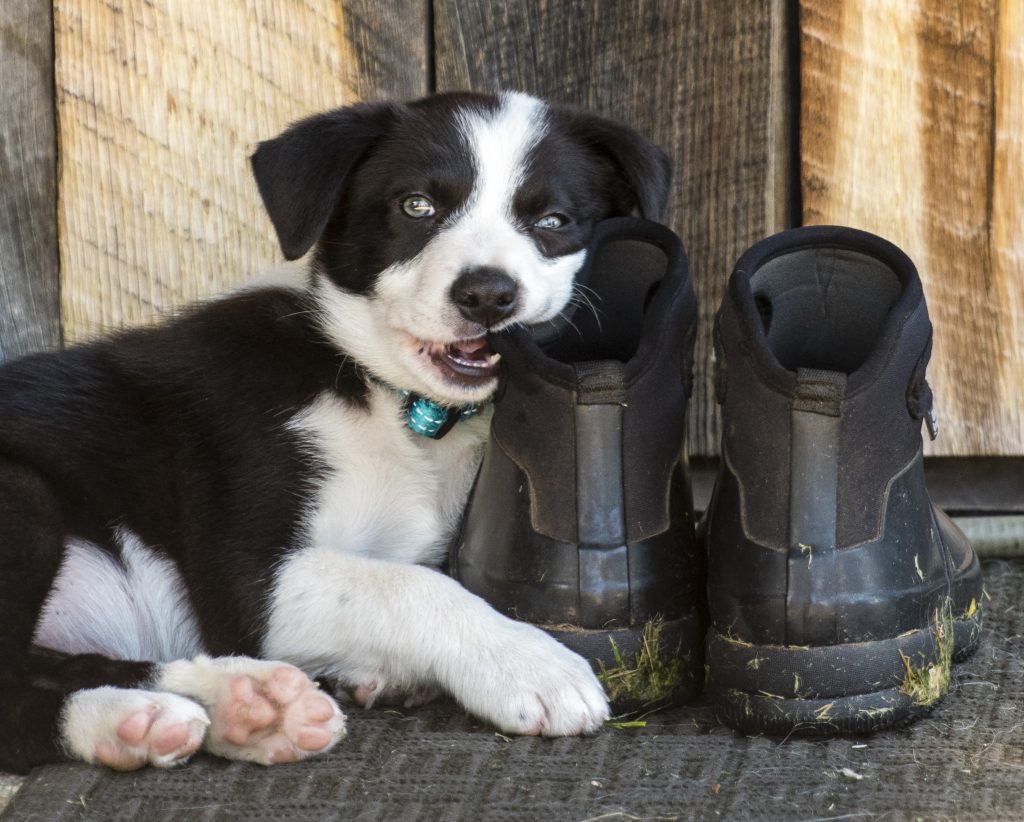
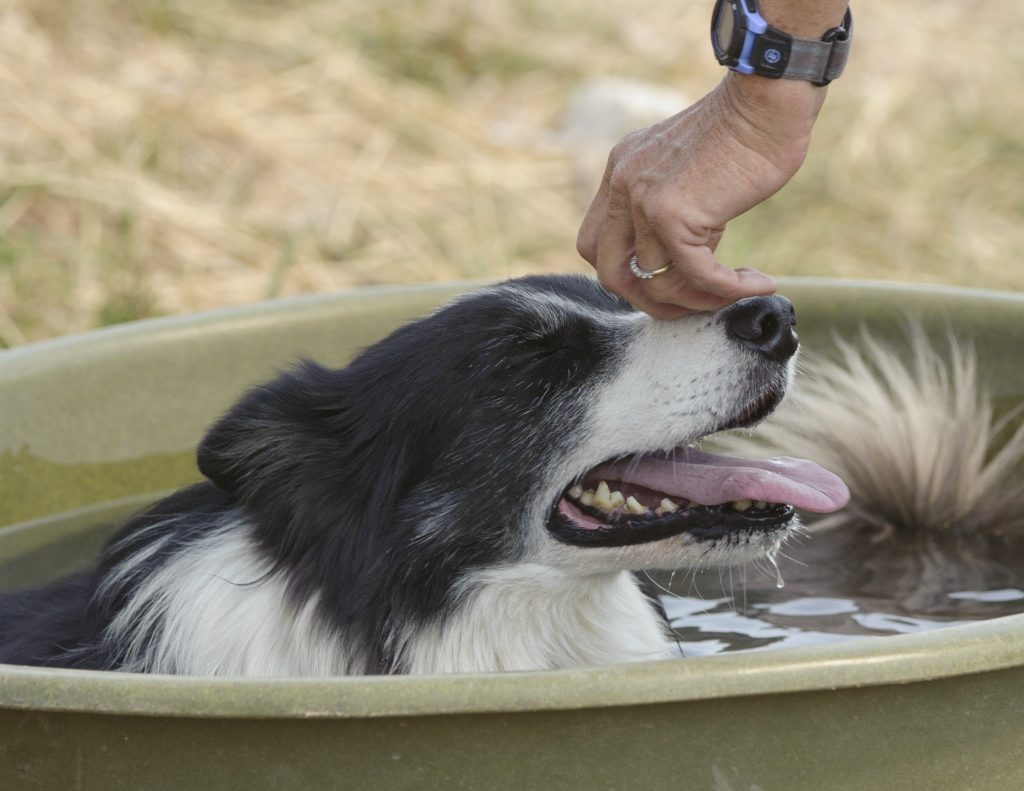
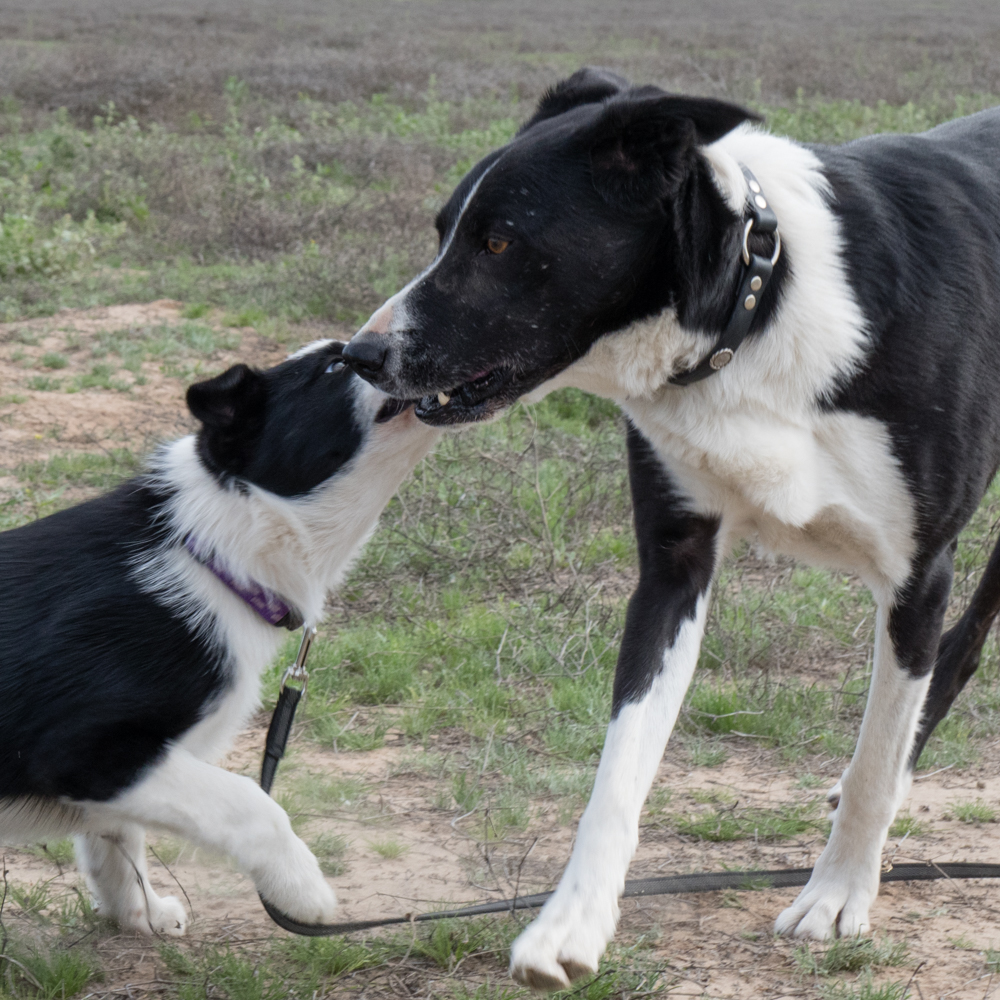
Sources: American Border Collie Association (ABCA); International Sheepdog Society “The Shepherd’s Dog” (ISDS); Wikipedia.org “Border Collies”; Colliepoint.com “Border Collie History”; Western Border Collie Rescue, “A letter about Border Collie Rescue”

